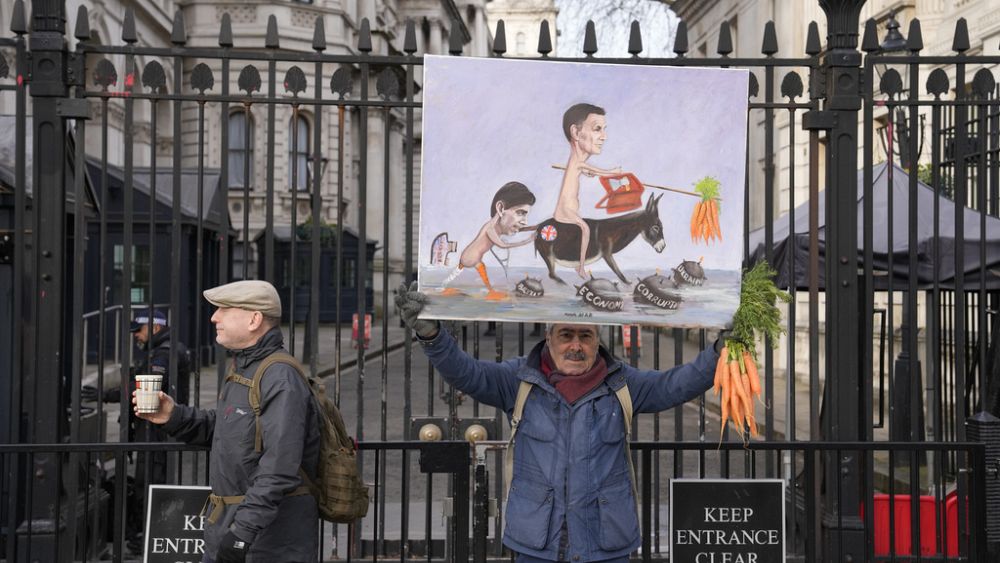With further work stalled in several sectors, the British government presented the budget.
Amid a livelihood crisis and widespread strikes, the UK government has unveiled its budget, which it hopes will ease the financial burden on millions of people.
Presenting the measures in Parliament, UK Finance Minister Jeremy Hunt acknowledged the impact of lower wages, but indicated that the government would not give in to strikes.
“Inflation destroys the value of hard-earned wages, discourages investment and fuels industrial conflict. High inflation is the root cause of the strikes we have seen in recent months. We will continue to work hard to resolve disputes, but only in a way that does not fuel inflation. Part of the decline in inflation he predicted The Office for Budget Responsibility (OBR) is a result of the new actions I have taken today,” said Jeremy Hunt.
The budget includes help with rising energy costs, but does little in the way of increasing public sector wages. On Wednesday, the London Underground was halted due to a strike. Teachers, civil servants, doctors and BBC journalists also stopped working.
According to UK Statistics Office (ONS) data, the 12-month inflation rate in Great Britain was 11.1% in October, 10.7% in November, 10.5% in December and 10.1% in January.
Railway workers, teachers, hospital nurses, ambulance workers, bus drivers and border police have also been on strike in recent weeks, and unions have announced more similar measures if wage demands are not met.
Then, on Thursdays and Saturdays, the railroad workers will again take 24 hours off work.
The Conservative government has fallen sharply behind the Labor opposition in opinion polls. It is not at all clear that his actions will do much to change this.












































